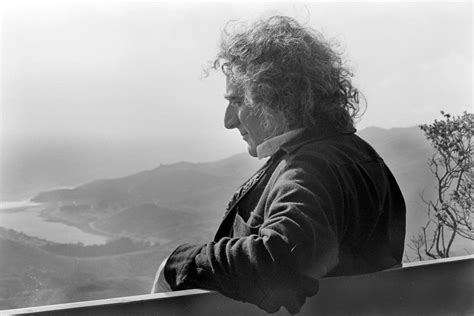A Quote by A'Lelia Bundles
Madam Walker was a woman who transformed herself in a very American, rags-to-riches way.
Related Quotes
We didn't sit around the dining table talking about Madam Walker, but the silverware that we used every day had her monogram on it and our china for special occasions had been Madam Walker's china... and the baby grand piano on which I learned to read music had been in A'Lelia Walker's apartment in Harlem during the Harlem Renaissance.
When I speak about the "tyranny of choice," I mean an ideology that originates in the era of post-industrial capitalism. It began with the American Dream - the idea of the self-made man, who works his way up from rags to riches. By and by, this career concept developed into a universal life philosophy. Today we believe we should be able to choose everything: the way we live, the way we look, even when it comes to the coffee we buy, we constantly need to weigh our decision. That is extremely unhealthy.
























